Delta-9-tetrahydrocannabinol, better known as THC, was isolated in 1964 by the late Israeli scientist Raphael Mechoulam, PhD, and his colleague, Yehiel Gaoni, PhD. But we didn’t fully understand why the compound produced intoxicating effects until the early 1990s, when Mechoulam and his research team discovered anandamide, the first member of a family of bioactive lipids that would come to be known as endocannabinoids. The discovery introduced scientists to a complex array of receptors, metabolic enzymes, and transporters that became known as the endocannabinoid system. The endocannabinoid system, which is present in all animals, regulates many critical bodily functions.
Across the world in San Francisco at about the same time, AIDS activists bereft of an effective treatment for the disease’s side effects successfully lobbied the state of California to create the first medical cannabis program.
Together, this pair of developments—an understanding of how the compounds interact with the body and a legislative acknowledgment of the plant’s medicinal applications—ignited a global movement to legalize cannabis.
The plant is remarkable in many ways. To date, researchers have discovered about 120 cannabinoids, many of which have medicinal applications. The plant and its components are used to treat or manage the symptoms of a wide array of conditions and ailments including glaucoma, epilepsy, multiple sclerosis, Parkinson’s disease, chronic pain, and insomnia.
“When I first delved into the research, I was astounded by the profound and intricate interactions between natural compounds, particularly cannabinoids, and the complexities of the endocannabinoid system,” said Carolina Vazquez Mitchell, founder of Ciencia Labs and KitChem. “These compounds have the potential to help with so many different health issues, and I’ve become passionate about unlocking nature’s therapeutic potential.”
Spearheading the push for legitimacy are the bold scientists researching and experimenting with the plant and the devoted engineers developing the tools to realize the benefits at scale.
The cannabis industry often overlooks the quiet contributions of the scientific community when lauding its growth. Instead, the focus usually lands on company founders and brand creators, the visible captains of industry with a mandate to expand the visibility of their commercial offspring. But without the contributions of humble scientists, there would be no industry to champion.
As the industry gears up for another concerted push for federal rescheduling, the clear-eyed and research-backed findings of scientists will play a crucial role. Naysayers maintain the plant has no medicinal applications and a high potential for abuse. Thanks to some of the pioneers on this list, a growing body of research demonstrates otherwise.
To celebrate the contributions of the science and engineering community, we have spotlighted eight scientists who are moving the needle in their fields.

Carolina Vazquez Mitchell
Founder and chief scientific officer
When Carolina Vazquez Mitchell organized a panel at the annual Institute of Food Technologists (IFT) conference in 2019, she was the only woman and person of color on the stage. The trailblazing Mexican scientist, product developer, and entrepreneur inadvertently has been flying the flag for underrepresented figures in the sciences ever since.
Her company Ciencia Labs produces three brands in the California market, two of which—dreamt and Quell—have been praised for formulations that shun industry hype in favor of peer-reviewed evidence.
“I just follow the research,” said Mitchell, who holds a master’s degree in chemistry. “For dreamt, I read more than 200 papers to select the ingredients and compose the formulation. It’s extremely important to me that I uphold the highest scientific standards for product development.”
Mitchell earned degrees in chemistry and pharmacology from the University of Southern California and the University of Guadalajara, and she is a founding member of the IFT’s edibles group. She entered the industry in 2017, when then-giant Kushy Punch hired her as chief scientific officer and tasked her with elevating the standards of the company’s products and manufacturing at scale.
Today, her consultancy KitChem has developed more than 300 unique formulations for companies in cannabis and beyond, and she continues to break new ground with innovative consumer products.

Kyle Loucks
Founder
Some would argue rolling the perfect joint is more art than science. That may be true for a single hand-rolled doobie, but perfection at scale requires engineering.
Kyle Loucks is the founder of RollPros and the inventor of one of the industry’s most sophisticated pre-roll machines. His goal was to design and manufacture the first automated pre-roll maker to mimic hand-rolling. The Blackbird, which debuted in 2021, is capable of producing 750 pre-rolls per hour and is used by major brands like Oregon’s popular Rebel Spirit.
“More than 34 million joints have been rolled on Blackbird units across the United States and Canada, so clearly this new tech is resonating with both brands and consumers,” Loucks said. “Pre-rolls are finally getting the attention and momentum they deserve, and we’re seeing brands that put the flower first winning in all areas.”
Prior to founding RollPros, he worked with a variety of medical-device startups as well as tech heavyweights like Hewlett Packard, Georgia Pacific, and Facebook, where he played an instrumental role in the creation of the Oculus VR headset.

Mike Hennesy
Vice president of innovation
Only a few cannabis brands boast nationwide name recognition, and fewer still have a presence in all corners of the country. Wana Brands benefits from both. Under the guidance of Vice President of Innovation Mike Hennesy, the company has blazed trails for others to follow, most notably with the widespread introduction of fast-acting edibles.
Hennesy oversees Wana’s research-and-development and innovation teams, spearheading new product development, research studies, evaluations of product efficacy, educational training, and partnerships with emerging technologies.
“I’m very passionate about expanding the public mindset toward cannabis as a daily wellness tool,” he said. “The plant has more than 500 compounds to explore, but THC gets all the attention. Non-intoxicating cannabinoids such as CBN, CBG, and CBC can offer a daytime-friendly option for anxiety, energy, focus, and creativity. Creating products that aim to achieve wellness goals can have a tremendously positive impact.”
In 2021, Hennesy graduated from the master’s program for cannabis science and therapeutics at the University of Maryland’s School of Pharmacy—the first such program in the United States. Since 2019, he has served on the board of the Colorado Marijuana Education Oversight Committee, where he reviews, suggests, and provides cannabis-related educational material for distribution by state officials including the governor.
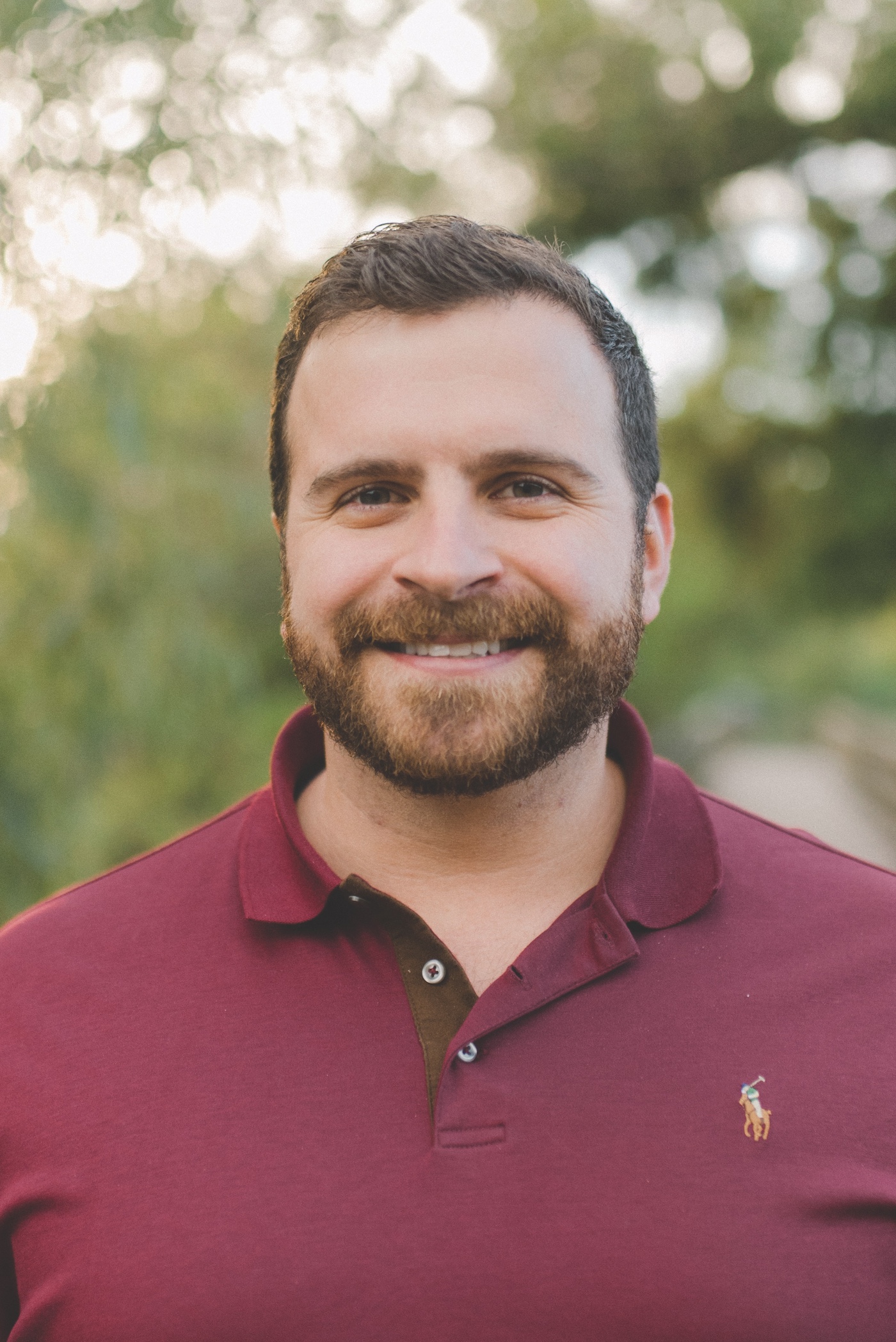
Matthew Indest, PhD
Technical director of agronomy and plant improvement
Dr. Matthew Indest may be leading the largest legal cultivation operation in the world right now. As the technical director of agronomy and plant improvement at Curaleaf, he supports the company’s vast network of cultivators through site visits and image analysis to diagnose plant health.
“In 2022, my team provided technical guidance for [controlled-environment agriculture] harvested canopy of more than 2.8 million square feet, producing more than 200 tons of flower, as well as another sixty acres of outdoor cultivation,” he said.
Indest created and leads the company’s internal breeding program, which has tested more than 400 genetics this year alone. He is most excited about the potential for rescheduling, which will open new research opportunities and allow his team to more fully explore the potential of the plant as a food, fuel, fiber, and medicine. Even without rescheduling, though, he sees nearly limitless potential for meaningful research.
“The opportunities within our cultivation landscape for conducting operational research are immense,” he said. “Leveraging this data from across our cultivation network gives me confidence in our cultivation best practices and informs our improvement initiatives every day of 2023 and beyond.”
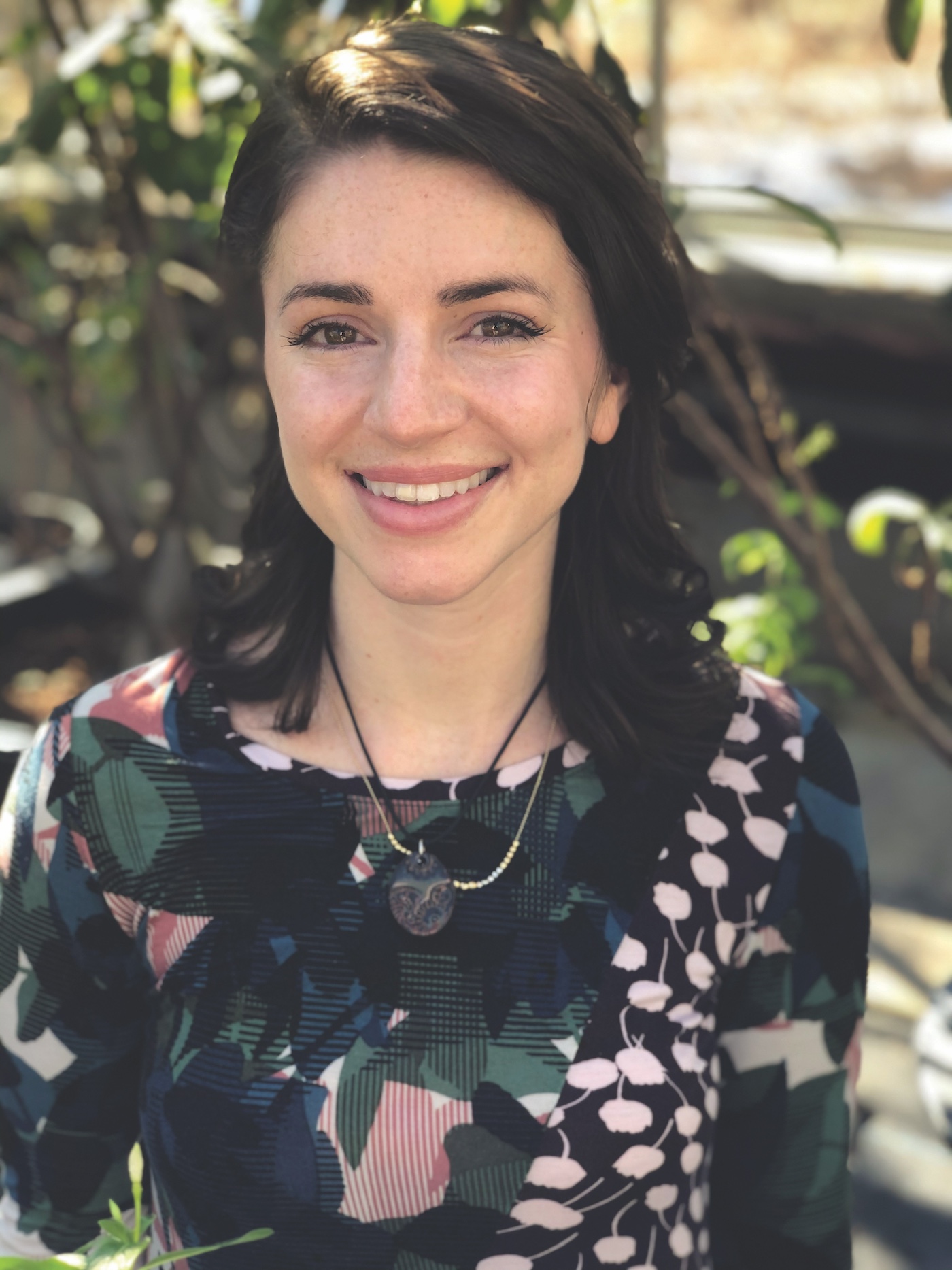
Riley Kirk, PhD
Founder
Dr. Riley Kirk leverages the power of social media for education and destigmatization. As @cannabichem, she has built a sizable following across TikTok and Instagram, and her podcast SmokeN’Science is ranked in the top 1.5 percent of Apple podcasts worldwide.
“I’m very proud to have educated millions of people via social media about safe consumption methods, cannabis chemistry, and cannabis pharmacology,” she said.
Kirk earned a PhD in pharmaceutical sciences from the University of Rhode Island, where she studied the traditional and contemporary uses of hundreds of medicinal plants. She has worked in academia as well as the industry, studying the chemical complexity of cannabis smoke, among other things. These days, she is most excited about emerging methods of analysis and the trend toward a more global approach to profiling strains beyond indica, sativa, and hybrid.
“I’m excited to see how we can start to leverage consumer experiences in predicting how specific products will make people feel on a population-wide scale,” she said.
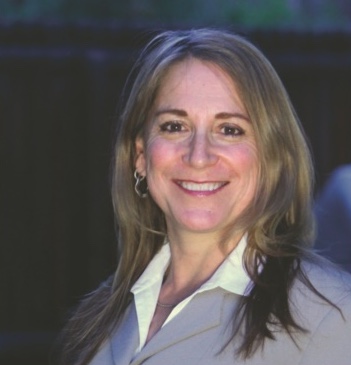
Susan Trapp, PhD
Co-founder and chief scientist
As the public’s cannabis knowledge has increased in recent years, finding terpene content listed on product packaging has become increasingly common. The aromatic hydrocarbons are produced by the trichomes found on the plant’s buds and leaves and can have an important impact on the plant’s perceived effect.
Dubbed the “queen of terpenes,” Dr. Susan Trapp spent years as an academic studying the aromatic compounds before entering the industry. “I’m fascinated by these small, very interesting molecules that can do all kinds of things,” she said. “I like to think of [terpenes] as the immune system of the plant, because they’re doing all of these things to keep the plant healthy and alive.”
Trapp received her doctoral degree from the University of Maryland and her postdoctoral education at the Institute of Biological Chemistry, where she focused on the molecular evolution and genomics of terpenoid natural products in fungi and plants.
In 2020 she started Terpedia, a digital encyclopedia of terpene knowledge that promotes terpene education and credible science. To date, the project lists more than 24,000 strains and 1,600 terpenes.
Miyabe Shields, PhD
Educator and consultant
Dr. Miyabe Shields is an award-winning scientist and one of the few prominent cannabis-science voices on social media with Project Chronic. Their informative short-form videos on Instagram and TikTok rack up thousands of views and are widely praised for their engaging exploration of the myriad science-supported applications of cannabinoids.
Shields’ journey began in 2010, when they graduated from the University of California, Davis, with a bachelor’s degree in biochemistry and molecular biology. In 2016, they received a pre-doctoral research award at the International Cannabinoid Research Society for their work in drug discovery with the endocannabinoid-system enzyme ABHD6. They completed their PhD in pharmaceutical sciences specializing in the endocannabinoid system at Northeastern University in 2018.
Shields also is notable for their status as a queer, neurodivergent scientist and a vocal advocate for the benefits of responsible cannabinoid use by neurodivergent individuals. “I am neurodivergent and part of the population most medical professionals would advise to stay away from all substances, but I believe neurodivergent brains can benefit from unique therapeutic applications of cannabis,” they said.
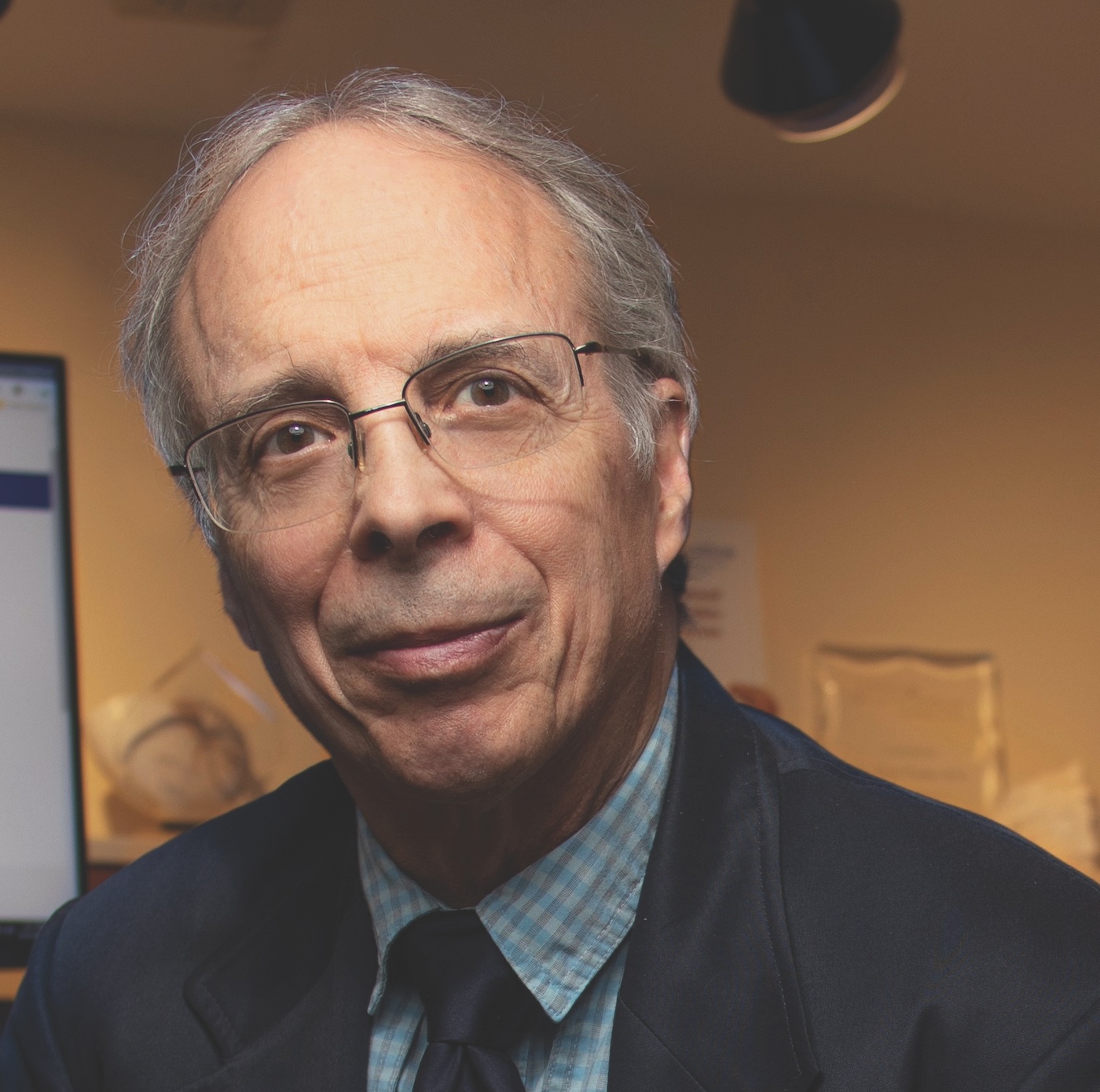
Ethan Russo, MD
Founder and chief executive officer
In 2018, news that the U.S. Food and Drug Administration had approved GW Pharmaceuticals’ cannabinoid-based seizure drug Epidiolex® was hailed as a landmark moment for the fledgling industry.
Central to that advancement was Ethan Russo, MD. As senior medical advisor to GW Pharmaceuticals, he was actively involved in numerous clinical trials for both Epidiolex and Sativex®, the first approved cannabinoid-based drugs in the U.K. and U.S.
Russo has an extensive background in the industry. The board-certified neurologist and psychopharmacologist is founder and CEO of CReDO Science, which commercializes patented cannabis products, and he served as the director of research and development for the International Cannabis and Cannabinoids Institute from 2017 to 2019.
Russo has held faculty appointments in pharmaceutical sciences at the University of Montana and medicine at the University of Washington, and he is the author or editor of seven books and more than sixty peer-reviewed articles.
“I have always held a strong interest in medicinal plants, which I gradually incorporated into my practice and research endeavors,” said Russo. “The aim is to bring cannabis-based and other botanical agents back into the mainstream of medicine.”








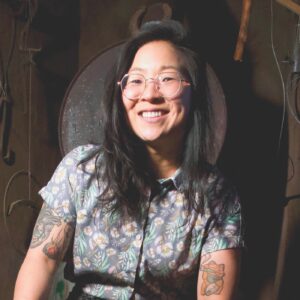


[…] Denver favorite is housed in a rustic cabin and caboose, both decorated with murals of legendary figures like Janis Joplin, Cheech and Chong, and Willie Nelson. The space’s design effectively taps […]
[…] individuals who’ve risen to prominence at seminal moments in the cannabis industry’s history speak volumes about how the sector has […]
[…] comparison, the scientists working in and around cannabis seem relatively tame, though some are quite brilliant and almost all are as willing as any of the […]